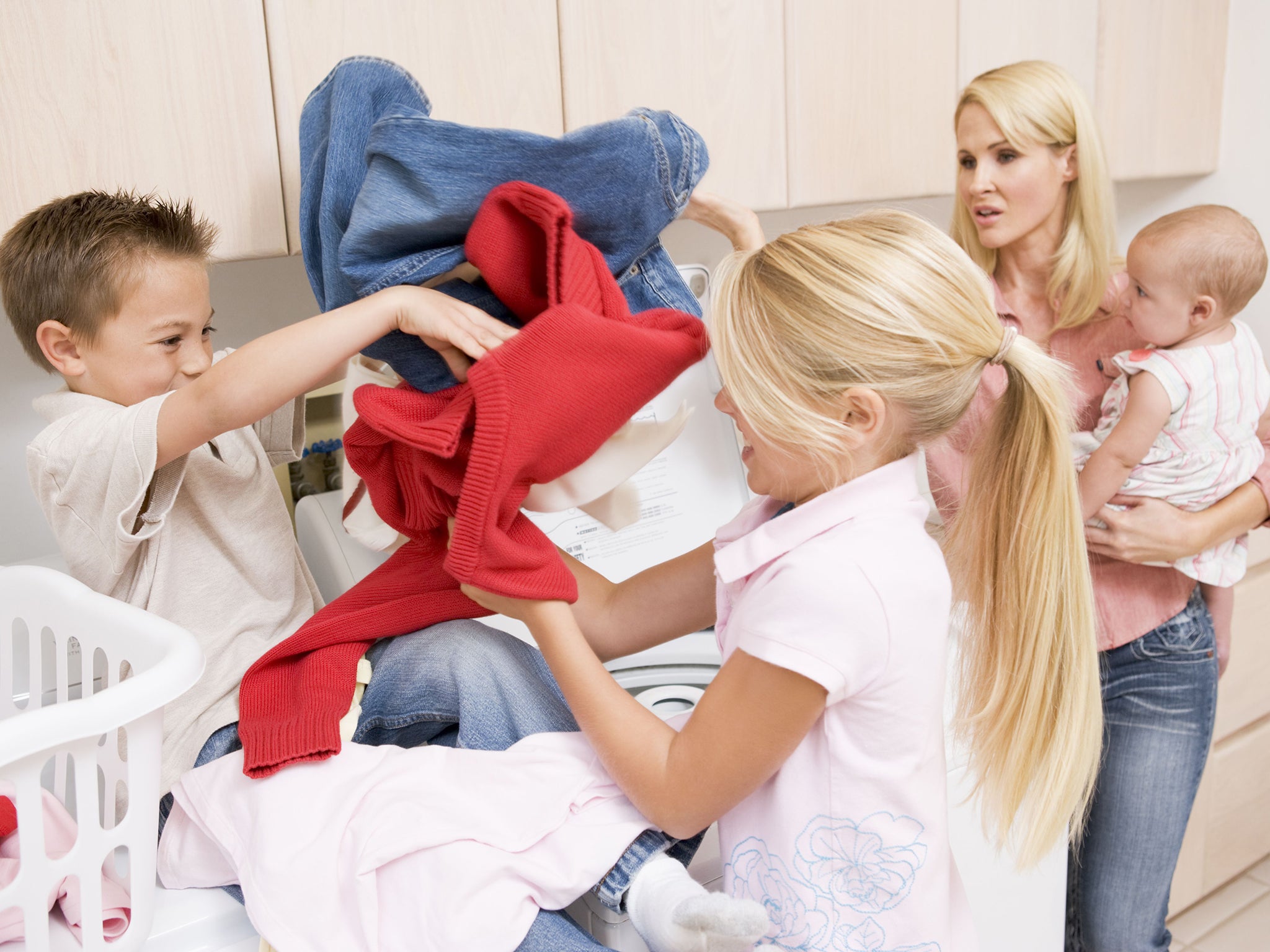We need to talk about women's unpaid emotional labour - and urgently
Co-ordinating children’s social lives, remembering birthdays, organising childcare, booking holidays, managing family relationships and fall-outs, maintaining contact with friends and family - it's all just as onerous and time-consuming as other work

"Can you ring the landlord today? I hate speaking to them and you’re so much better at it than I am," my partner asked.
"Well, I'm really busy at work today, but OK."
I know he doesn't really like talking to them and I'm better at doing the follow-up emails, the chasing and everything else that comes with dealing with landlords.
But am I actually 'better' at doing these things - or is it because, as the woman in this partnership, I'm expected to do these tasks and as a result have developed the skills which make me better at it?
I'm told that it's a natural attribute as a woman to want to organise, care, be empathetic and run a home. But what about when we start thinking about all the things that women do in the home as real, actual work? Most of all, what about the emotional labour - the work that goes largely unnoticed, unrewarded and certainly unpaid?
Co-ordinating children’s social lives, remembering birthdays, organising childcare, booking holidays, managing family relationships and fall-outs, maintaining contact with friends and family, planning the weekly meals: these are all on the broad spectrum of emotional labour.
The Everyday Sexism Project this week launched a Chore Challenge, asking couples to keep a two-week log of all the chores that they do in the home, including the 'emotional' ones, and then gender swap them for a year.
The hashtag #chorechallenge exposes the experiences of women and girls doing more than their share, with one report from The Organisation of Economic Cooperation and Development showing that women and girls do on average an hour more of housework every day. That builds up to a lot over a year – and a staggering amount over a lifetime.
The thing about emotional labour is that it’s much less discussed, but just as onerous and as physically demanding as housework, child-rearing, taking out the rubbish or doing the DIY.
I remember the moment I genuinely felt oppressed as a woman in the home. It was shortly after I became a mother for the first time. Exhausted and struggling with post-natal depression, it was my job not just to nurture and care for our son but also, inexplicably, to find a child-minder, book his immunisations, take him to the doctors’ and plan his meals. I knew the distribution of these tasks was unfairly piled on me, but questioned myself: was I just being silly, overreacting? Should I just be getting on with it?
As with many issues, once we find a way to articulate what's happening, to express it and give it a name, it becomes easier to address and expose it. How liberating, then, to know that all this extra work that seems to belong to me merely because I’m a woman now has the recognised label of ‘emotional labour’.
I feel lighter just typing the words, recognising (although many don't yet) that these extra tasks that women are implicitly expected to do are in fact work. And, as with any work, should be rewarded accordingly.
Imagine your CV if you included all the emotional labour you do, on top of your paid, domestic and child-caring work: excellent diplomacy skills; ability to juggle a multitude of competing interests; multi-tasker; proven track record in skilful negotiating; can competently and consistently meet tight deadlines. All skills deserving of a hefty pay packet.
You learn and develop the skills to make you adept at a role that you are given. It’s the same with emotional labour. I don't inherently possess the skills required of me to juggle all these extra tasks just because I'm a woman. But without even realising and because of the expectations placed on us by society, women have learned them – and our male partners haven’t. How can that be fair?
Join our commenting forum
Join thought-provoking conversations, follow other Independent readers and see their replies
0Comments